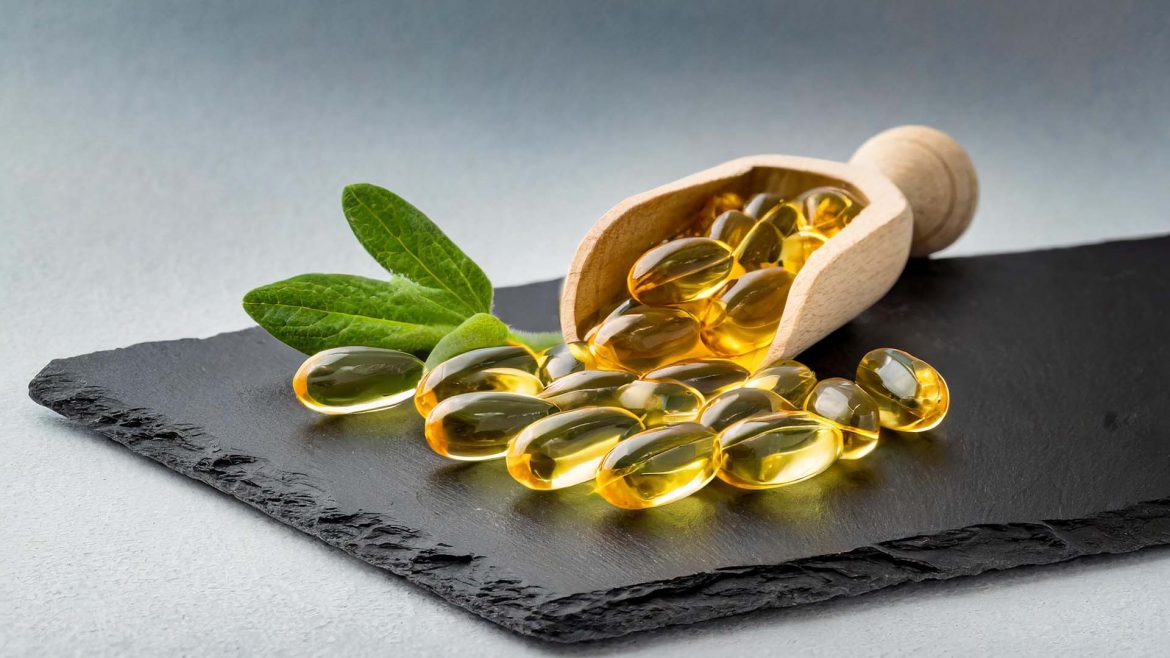
Omega-3 fatty acids are crucial for maintaining good health, but incorporating enough into your diet can be challenging. Traditionally, fatty fish like salmon and tuna are the go-to sources of omega-3 fats.
However, fish isn’t an option for those who follow vegetarian or vegan diets. Luckily for them, this blog explains the different types of omega-3s, the pros and cons of fish versus plant sources, and ultimately explores whether you can get enough omega-3s without relying on fish.
Different Types Of Omega-3s (EPA, DHA, ALA)
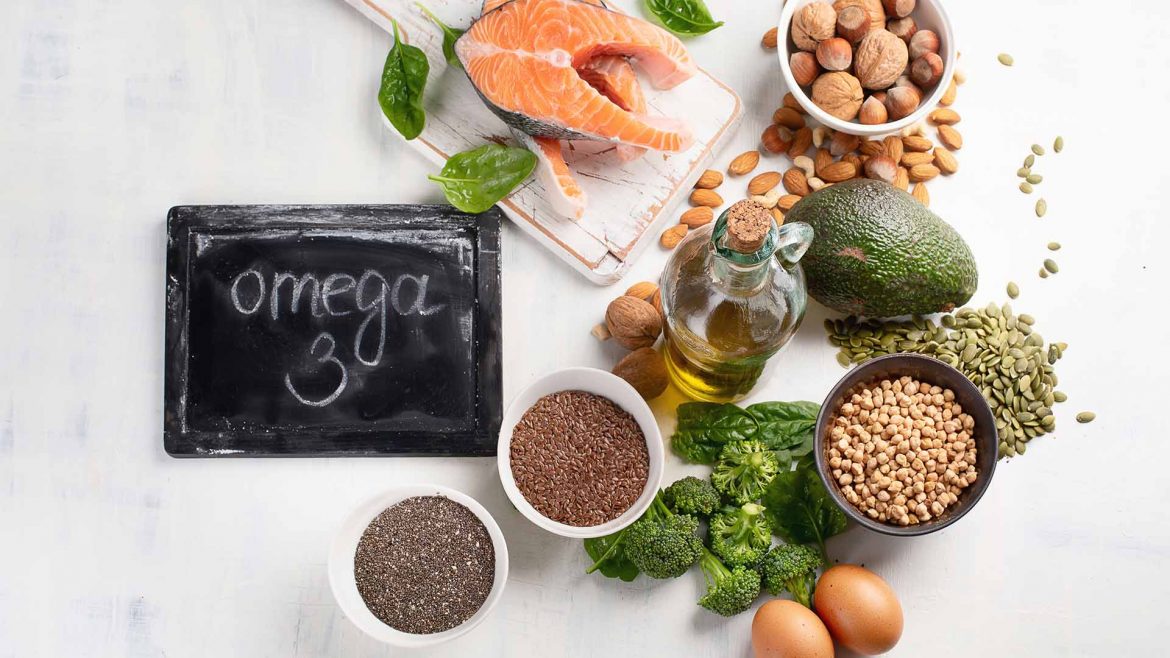
Alpha-Linolenic Acid (ALA)
ALA is an essential type of omega-3 fat, but it can only come from food. Plant-based foods contain ALA. Your body can change some ALA into other important omega-3 fats, but not very efficiently.
Eicosapentaenoic Acid (EPA)
Eicosapentaenoic acid helps your body make molecules called eicosanoids, which do many important things and help with inflammation. It’s mainly found in fish such as herring and salmon.
Docosahexaenoic Acid (DHA)
Docosahexaenoic acid is another omega-3 fat mostly in fatty fish like salmon. It’s essential for your brain and cognitive functioning. DHA helps your brain grow when you’re a baby and keeps it working well when you’re older.
Conversion Of ALA (Plant-Based) To EPA And DHA In The Body
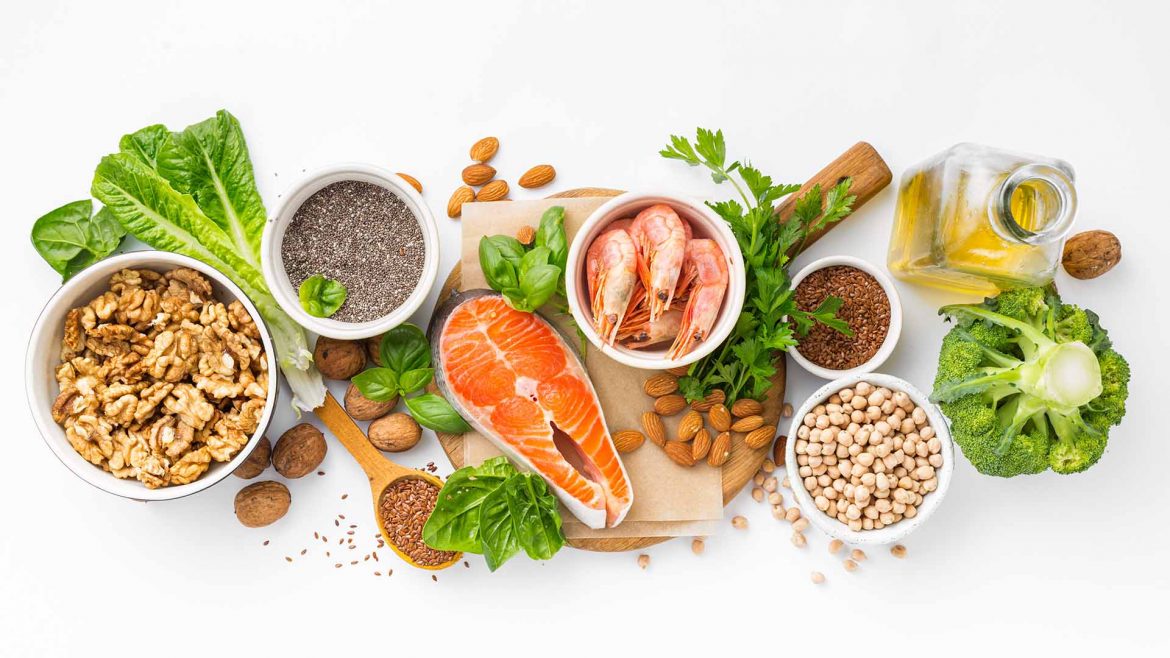
Alpha-linolenic acid (ALA) is a plant-based omega-3 fatty acid found in foods such as flaxseeds, chia seeds, walnuts, and hemp seeds. While eicosapentaenoic acid (EPA) and docosahexaenoic acid (DHA) are omega-3 fatty acids, they are primarily found in marine sources like fish and algae.
Human body can convert ALA into EPA and DHA, but this process needs improvement and efficiency. The conversion pathway involves a series of enzymatic reactions with delta-6-desaturase (D6D) and elongase key enzymes. However, factors such as genetics, diet, and overall health can influence the efficiency of this conversion.
Studies suggest that only a small percentage of ALA is converted into eicosapentaenoic acid and even less into docosahexaenoic acid. Estimates vary, but it’s generally thought that less than 1-10%% of ALA is converted to EPA and even less to DHA.
Due to this limited conversion, individuals who follow plant-based diets may have lower levels of EPA and DHA compared to those who consume fish or algae directly as sources of these fatty acids.
Bioavailability Of Omega-3s From Fish Vs. Plant Sources
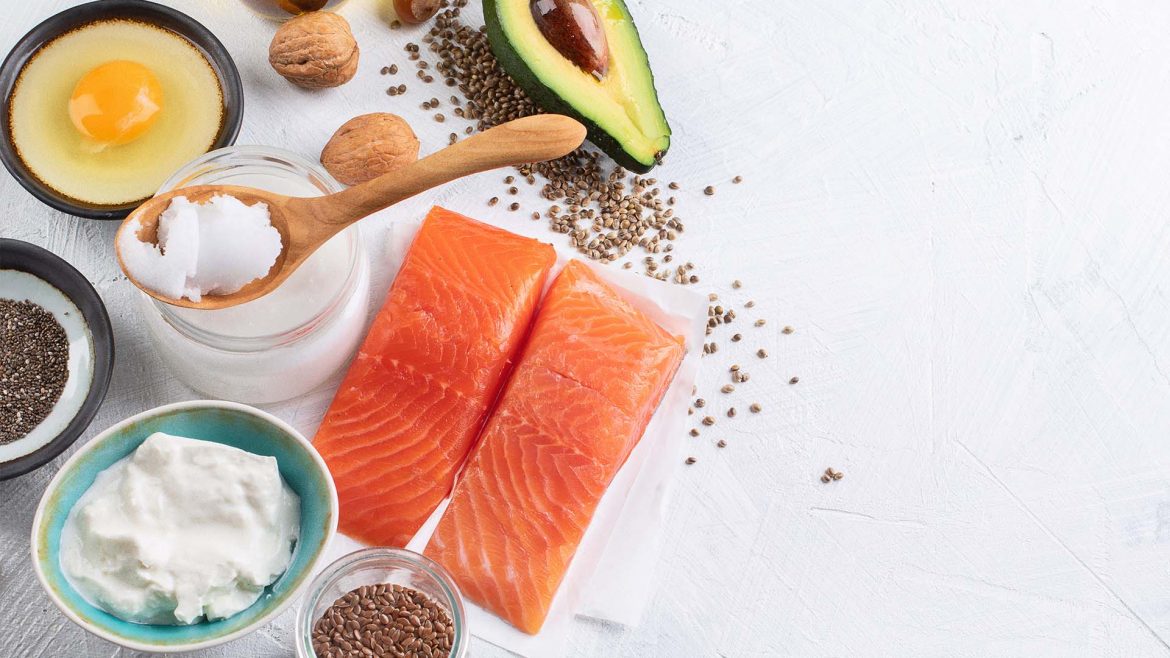
The bioavailability of omega-3 fatty acids can vary depending on their source. Omega-3 fatty acids are essential fats, meaning the body cannot produce them independently and must obtain them from the diet. The primary omega-3 fatty acids of interest are EPA and DHA, found in varying amounts in fish and plant sources.
Fish Sources Of Omega-3
Fish, especially fatty fish like salmon, mackerel, sardines, and trout, are rich in eicosapentaenoic acid and docosahexaenoic acid sources. The omega-3 fatty acids in fish are triglycerides, which are easily absorbed by the body.
Studies have shown that the bioavailability of EPA and DHA from fish sources is generally high, with estimates ranging from 50% to 90%.
Plant Sources Of Omega-3
Plant sources of omega-3 fatty acids, such as flaxseeds, chia seeds, walnuts, and certain oils, contain a different type of omega-3 called ALA (alpha-linolenic acid).
ALA must be converted into EPA and DHA in the body, but this process could be more efficient. Only a small percentage of ALA is converted into EPA and even less into DHA, typically less than 5% for EPA and less than 0.5% for DHA.
Genetics, diet, and overall health can influence the conversion rate of ALA to EPA and DHA. For example, individuals with certain genetic variations may have a reduced ability to convert ALA.
Potential Benefits And Drawbacks Of Fish Oil Supplements Vs. Plant-Based Foods
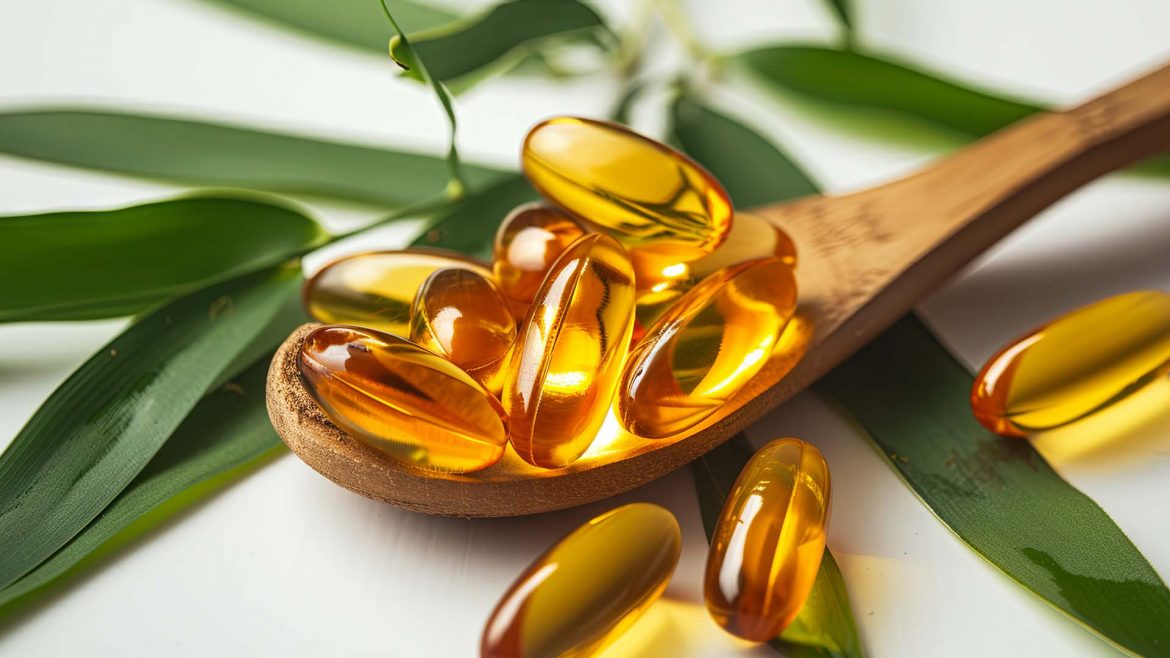
Potential Benefits Of Fish Oil Supplements
- Lowers bad fats, reduces blood pressure, and keeps your heart healthy.
- Sharpens your brain and boosts your mood.
- Keeps your eyes healthy, preventing vision problems like blurriness or dryness.
Drawbacks Of Fish Oil Supplements
- Buy from trusted brands to avoid bad stuff like mercury.
- Some people might feel sick or taste fish after taking it.
- Might trigger rare allergies; seek medical help if you have itching or breathing issues.
Potential Benefits And Drawbacks Of Plant-Based Foods
- Plant-based Omega-3 foods lower triglyceride levels and keep your heart healthy, reducing the risk of heart disease.
- Omega-3s from plants fight inflammation, easing conditions like arthritis.
- They’re better for the environment and suitable for vegetarians and vegans.
Drawbacks Of Plant-Based Foods
- Plant-based sources of omega-3 provide ALA, which needs to be converted to EPA and DHA in the body, but this conversion could be more efficient.
- Plant-based sources may not offer as concentrated doses of EPA and DHA compared to fish oil supplements.
Conclusion
When picking fish oil and plant-based Omega-3 sources, consider what suits you best. If you’re a vegetarian or worried about contaminants, go for plant-based options or vegetarian omega-3 supplements. But if you want more EPA and DHA, fish oil might be better.
Talk to a doctor to decide what’s right for you. Remember that eating a variety of Omega-3-rich foods is vital for staying healthy.






